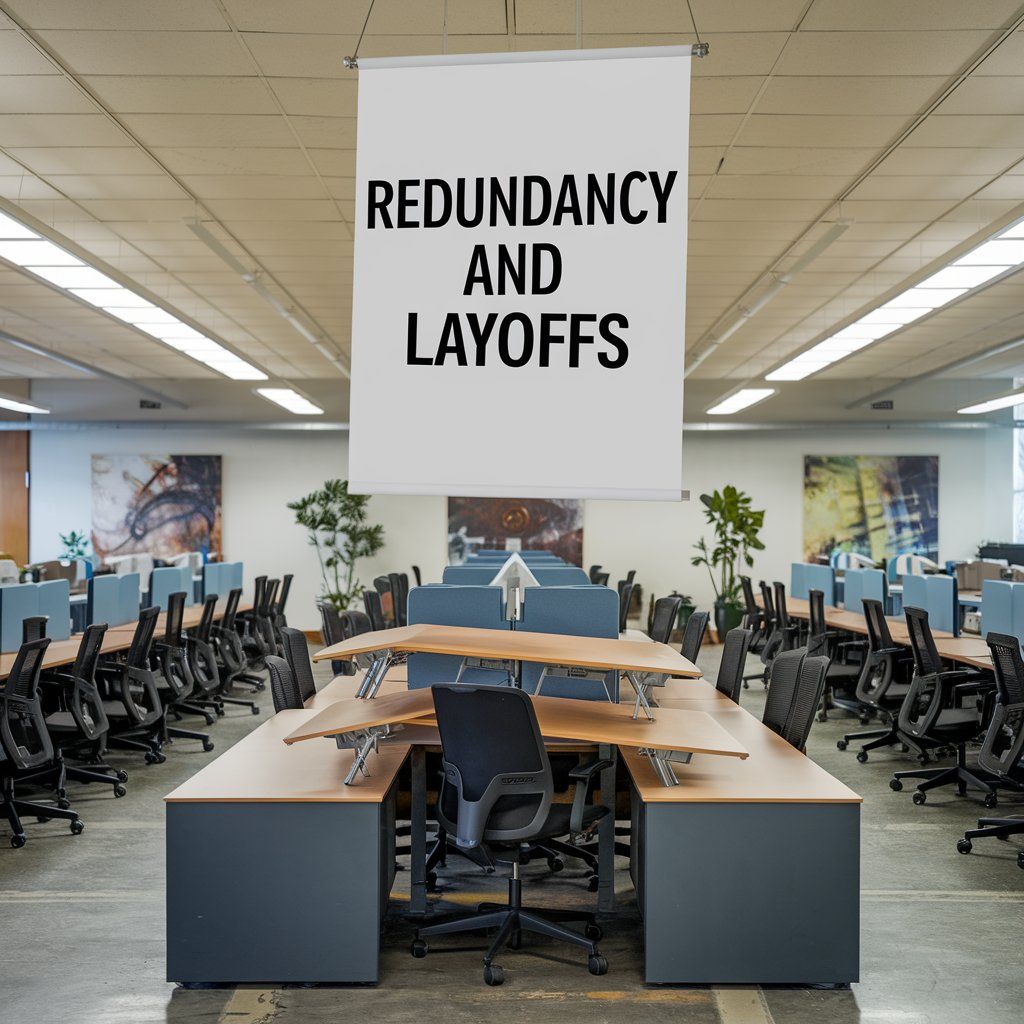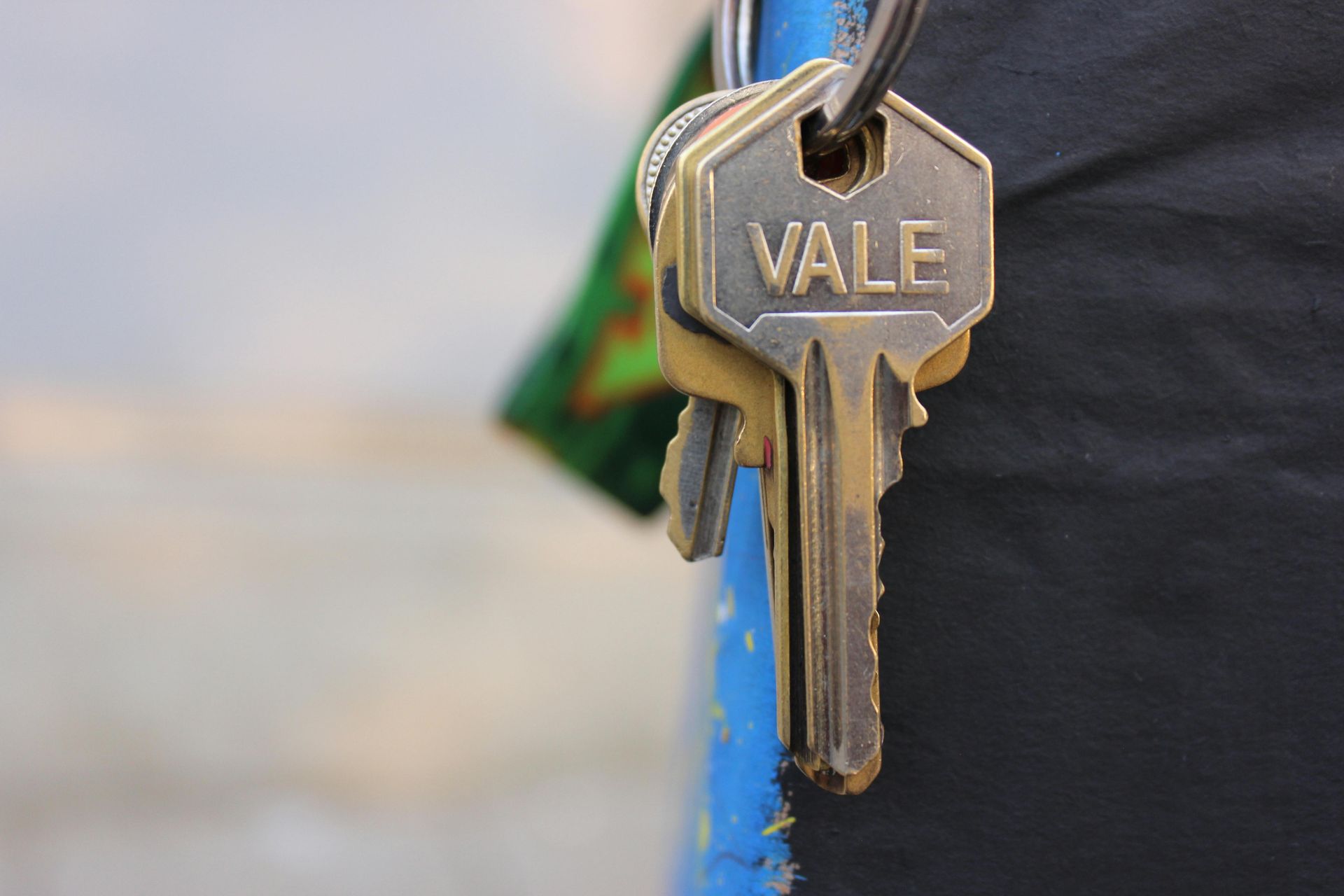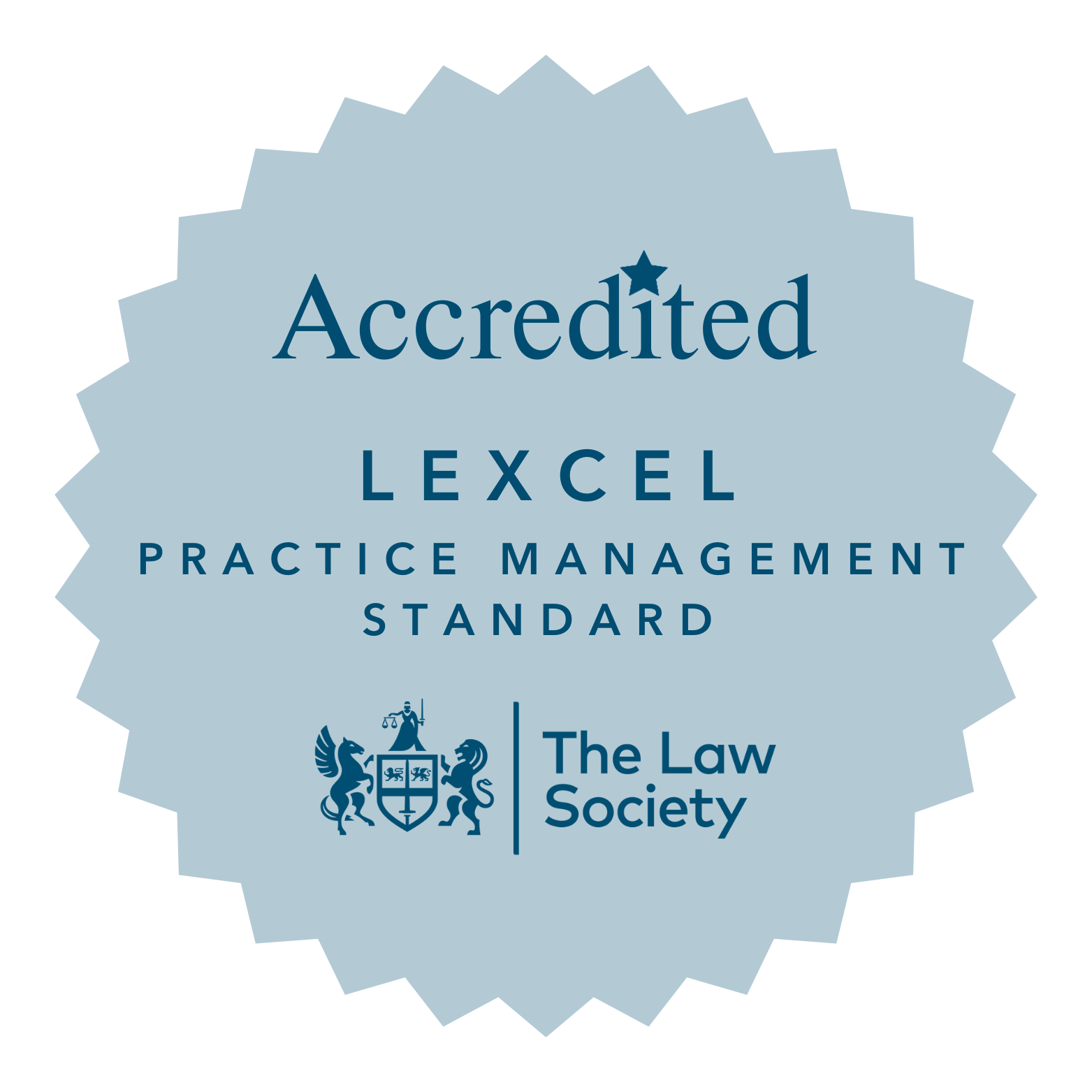5 steps to follow during a neighbour dispute
Neighbour disputes can be challenging to navigate, often leading to strained relationships and heightened tensions within communities. Whether it's a boundary dispute, noise complaint, or disagreement over property maintenance, finding a resolution that satisfies both parties is essential for maintaining harmony. In this blog post, we'll explore five steps for handling neighbour disputes effectively and peacefully.
1. Communication is Key: Open and respectful communication is the foundation for resolving neighbour disputes. Initiate a calm and constructive conversation with your neighbour to address the issue at hand. Choose a neutral setting and approach the discussion with empathy and understanding. Active listening can help both parties express their concerns and work towards finding a mutually acceptable solution.
2. Know Your Rights: Before engaging in discussions or taking any action, familiarize yourself with your rights and obligations as outlined in local laws and regulations. Understanding relevant property laws, and homeowners association rules can empower you to assert your rights while also respecting your neighbour’s legal boundaries. This can be time consuming and often confusing, we have a dedicated team at Pinkney Grunwells to provide you with your rights, laws and regulations should you need assistance.
3. Consider Mediation: If direct communication proves challenging or unproductive, consider seeking the assistance of a professional mediator. Mediation provides a structured and neutral environment for both parties to express their grievances and explore potential solutions with the help of a trained mediator. Mediation can often lead to more satisfactory outcomes compared to prolonged legal battles. On occasion, the Local Authority may be able to assist you to do this.
4. Document Everything: Keep detailed records of all interactions, including dates, times, and the nature of the dispute. Documenting incidents, correspondence, and any attempts at resolution can provide valuable evidence in case the dispute escalates and legal action becomes necessary. Be sure to maintain a factual and objective record to support your case.
5. Know When to Seek Legal Advice: While many neighbour disputes can be resolved amicably through communication and mediation, some may require legal intervention. If efforts to resolve the dispute fail or if the situation escalates it may be time to seek advice from a qualified Civil Litigation Solicitor. A qualified professional can assess your case, provide guidance on your rights, and represent you effectively if it becomes necessary.
Navigating neighbour disputes requires patience and a willingness to find a constructive solution. By implementing the steps above you can approach neighbour conflicts with integrity and achieve resolutions that preserve peace and harmony within your community. Remember, finding common ground and maintaining good neighbourly relations benefits everyone involved in the long run. But should this not work for your individual matter or you find it difficult to communicate with your neighbours then know Pinkney Grunwells are here to provide you with the experience and knowledge to guide you through.
Contact Us




